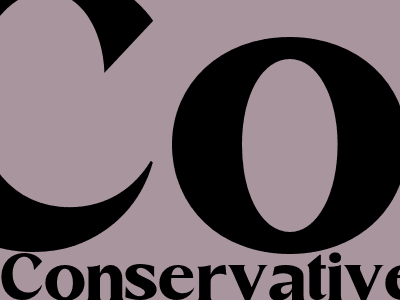
Conservatives plot challenge against Johnson in internal Speaker elections
Leadership race to be triggered if rebels secure no confidence vote in Sir Lindsay Hoyle
Theresa May and Jeremy Hunt have been approached to stand against the Commons Speaker after a group of Conservative rebels decided to force a vote of no confidence in Sir Lindsay Hoyle, The Sunday Times understands.
The move by up to 30 Tory MPs has the potential to trigger a leadership contest if Hoyle is defeated in a secret ballot, which could take place as early as next week.
The rebels say they have lost confidence in the Speaker over his perceived bias against the Conservative benches and his handling of the Owen Paterson sleaze row.
Theresa May responds
Theresa May, who served as Prime Minister from 2016 to 2019, told the Sunday Times that she would not be standing against Hoyle.
"I think it's very important that the Speaker of the House of Commons is impartial and is seen to be impartial," she said.
"I think Sir Lindsay Hoyle has been a very impartial Speaker and I think he should continue in that role."
Leadership contest
Under Conservative party rules, a leadership contest is triggered if the sitting leader loses a vote of confidence among their MPs.
Hoyle is not a Conservative MP, but the rules state that a vote of no confidence in the Speaker can trigger a leadership contest if it is passed by a majority of MPs.
If Hoyle is defeated, a new Speaker would have to be elected by secret ballot.
If no candidate secures a majority in the first round, the candidate with the fewest votes is eliminated and a second round is held.
This process continues until one candidate secures a majority.
Rebels' concerns
The Conservative rebels are concerned about Hoyle's perceived bias against the Conservative benches.
They point to his decision to allow Labour to call an emergency debate on the Owen Paterson sleaze row, which led to Paterson's resignation.
They also claim that he has been too quick to discipline Conservative MPs.
Hoyle's response
Hoyle has defended his record as Speaker, saying that he has been impartial.
"I have always acted in the best interests of the House of Commons and I will continue to do so," he said.
"I am proud of the work that I have done and I believe that I have the support of the majority of MPs."
It is not yet clear whether the rebels will be able to secure the 148 votes needed to defeat Hoyle in a vote of no confidence.
If they do, it could trigger a leadership contest that would be likely to be won by one of the candidates from the right of the Conservative party.
The move by Conservative rebels to force a vote of no confidence in Speaker Sir Lindsay Hoyle is a significant development that could have far-reaching consequences.
If Hoyle is defeated, it could trigger a leadership contest that would be likely to be won by one of the candidates from the right of the Conservative party.
This would represent a significant shift in the party's direction and could have a major impact on British politics.